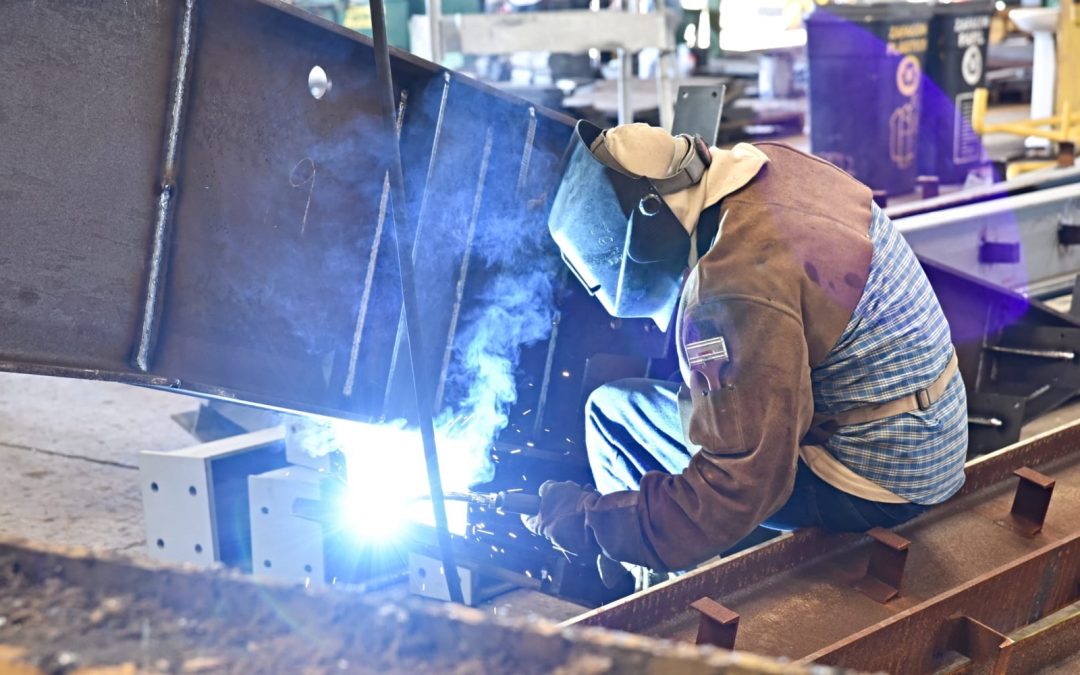“So, explain this ‘right-to-work’ to me,” a frequent question from my business friends. “Why are you against a right to work? I thought you’d be for it.”
“I’ll try with reference to your world of transactions, whether profit or nonprofit,” I say. “The union is a large nonprofit. In a right-to-work jurisdiction, all employees covered by the contract get the benefit of representation but don’t have to pay for it. The union must under law provide services to people who refuse to pay. Unlike every other business or nonprofit you know, people can get valuable services for free, and there’s nothing the union can do about it. Not even refuse.”
Incredulous, the business people say, “I don’t have to do that. I wouldn’t do that. How is that legal?”
Such is the law already in much of the U.S. these days: the South and the West have been right-to-work, a brilliant misnomer, since the 1940s.
Several Midwest states have gone right-to-work since 2010. Unions in right-to-work states must bargain for better wages and working conditions for everyone who works at a union workplace, speak up for individuals who want promotions, stand alongside trembling workers facing management and more.
That takes time, personnel, dedication, expertise and financial resources. And individuals who are not union members get these valuable services for free.
All the world watches the U.S. Supreme Court during the month of June for critical expressions of political, economic, cultural and social will. Health care, religion, voting, guns and minority rights are on our radar.
But most have not been watching and waiting for the most critical decision about labor organizations in decades. A life-and-death decision for labor as we’ve come to know it.
Yesterday, in Janus v. AFSCME Council 31, the Supreme Court said right-to-work is now also the law in every state and local government across the country. Any and all governments now become right-to-work.
Unlike the businesses and nonprofits you already know, labor is prohibited from managing and balancing service and revenue.
But wait, perhaps you’ve heard that this has something to do with First Amendment rights of freedom of expression and association for individuals. Rights of conscience near and dear to free and faithful Baptists.
That’s true, but only to a point. People do not have to join the union. That question was resolved by the Supreme Court in the 1970s and ’80s.
The Supreme Court said then that employees do not have to join the union. Membership cannot be required, but all people must pay for the service they receive.
Individual choice is preserved while respecting the rights of the majority as well. The system works.
What’s changed since the 1970s? Nothing, except the justices on the court.
Today, the Supreme Court said, in a 5-4 decision, that those court decisions were bad and left precedent behind.
In essence, we’ve changed our mind, and thus the U.S. policy. Now all public-sector employees are under right-to-work.
It’s been a hard Supreme Court term. The politically determined composition of the court has consequences, and 5-4 decisions are temporal closures to political, economic, social and moral struggles.
They are not expressions of law founded upon principled analysis. Legal principle is not such a close call.
What will become of labor in the U.S.? As long as people struggle and aspire, there will always be organized labor. Always has been, from preindustrial to industrial to post-industrial to the service economy.
Most union membership is now in the public sector, especially teachers. But the labor movement may change – a lot. The system that shapes the organizations just changed – a lot.
Unions have already made big cuts and laid off staff anticipating the Janus decision.
Progressive causes and allies that have depended upon organized labor for decades for money and support will suffer.
Raising the minimum wage and protecting safety on the job for nonunion workers will be harder with a smaller labor movement.
Progressive politics will wane. Though mandatory union dues and fees do not go to partisan contributions to candidates, progressive politics – like protecting Social Security and attacking gerrymandering – will suffer.
Frankly, undermining progressive politics is the point of right-to-work, in the guise of “protecting the rights of individuals.”
Why should people of faith care about labor rights? Why should people of faith care about the labor organizations that stand for labor rights?
Because solidarity. Because mutuality. As Martin Luther King Jr. said, “Whatever affects one directly, affects all indirectly.”
Because taking from others – taking from other union members who pay their share – without paying for it is stealing.
Because we fight poverty, and the poverty of the South and West will spread across the country.
Because collective rights, as much as individual rights, the rights of the people – plural – are biblical. Because, at church, at home, in the public square and on the job, we are one body.
Working in law, labor, faith and politics, he is a union-side lawyer and former AFL-CIO official who has served the United Food and Commercial Workers for years. National legal counsel for Jobs with Justice, he represents historically Black Simmons College of Kentucky in Louisville.


